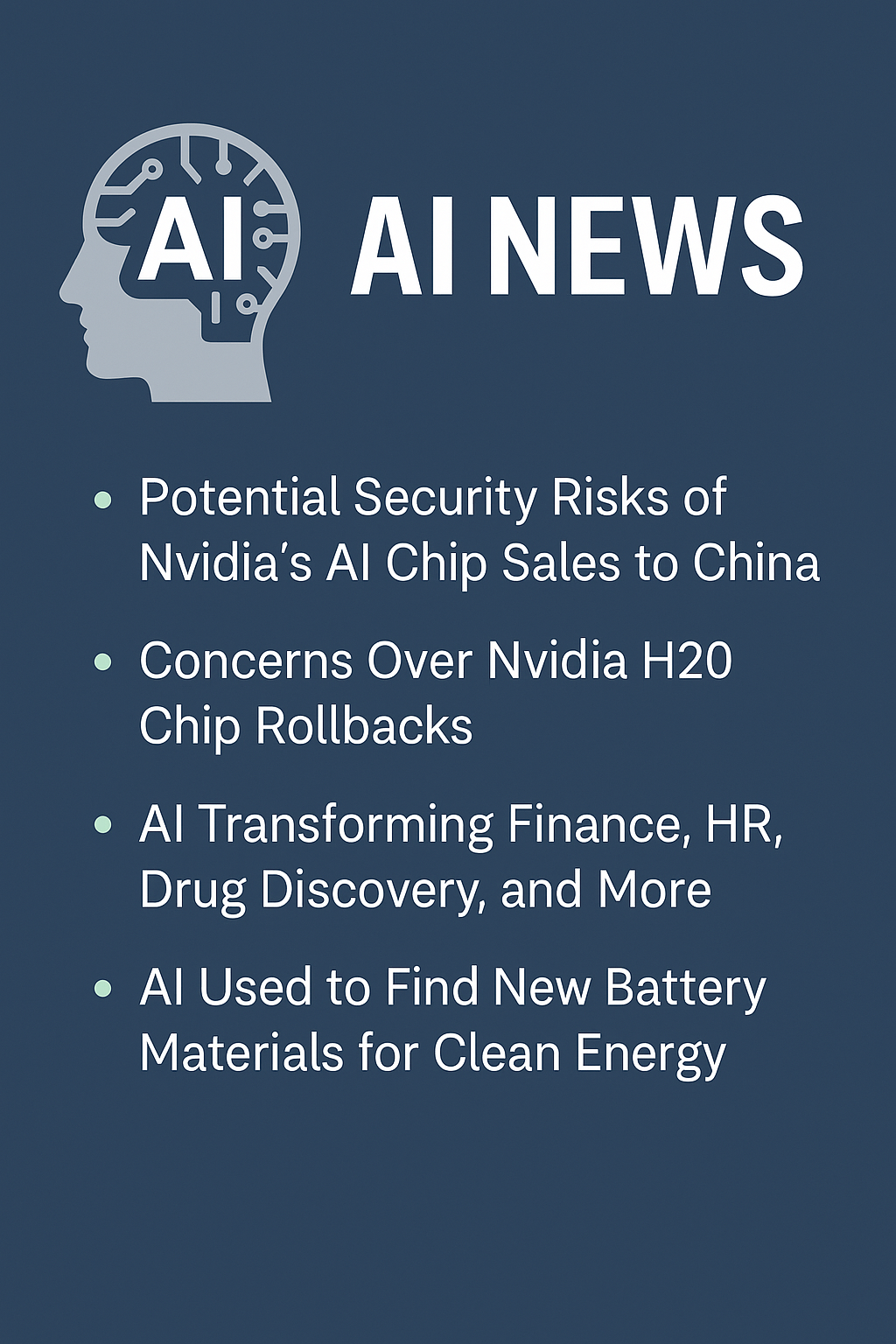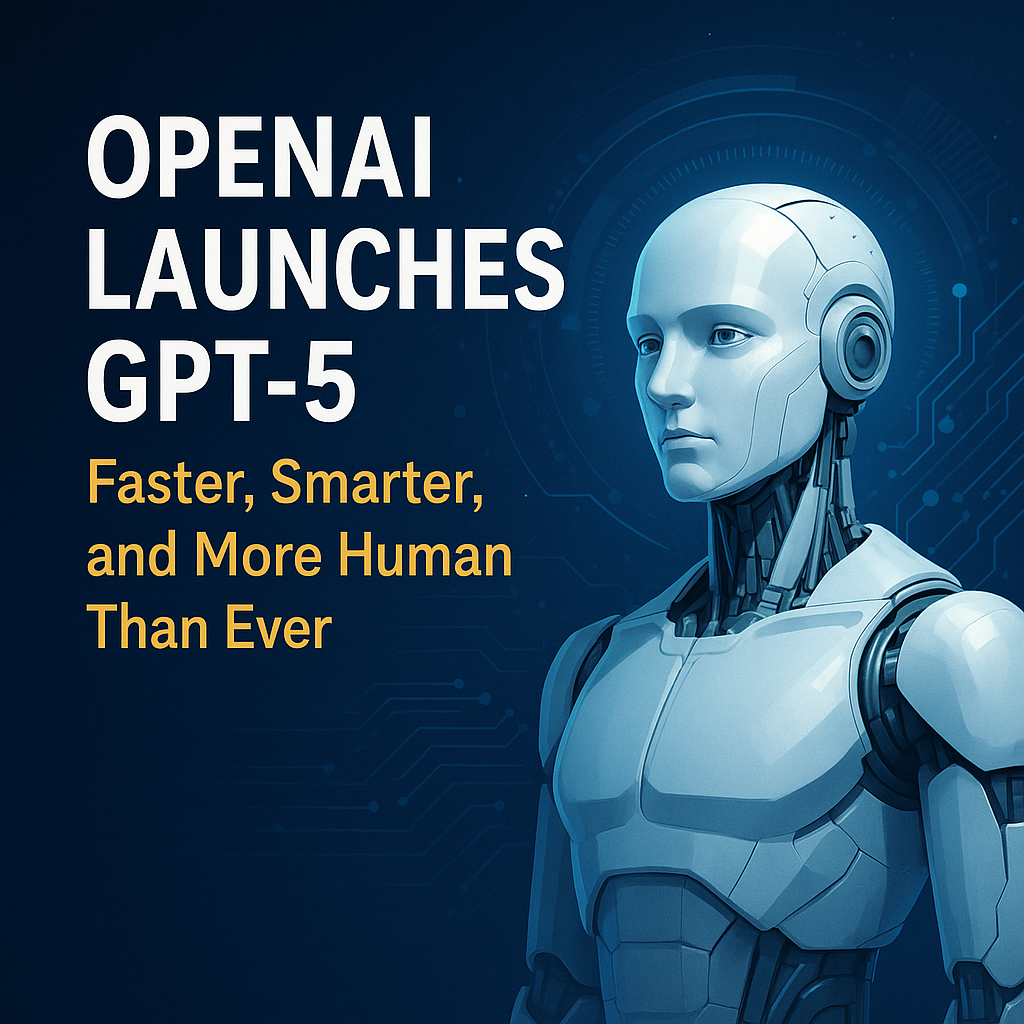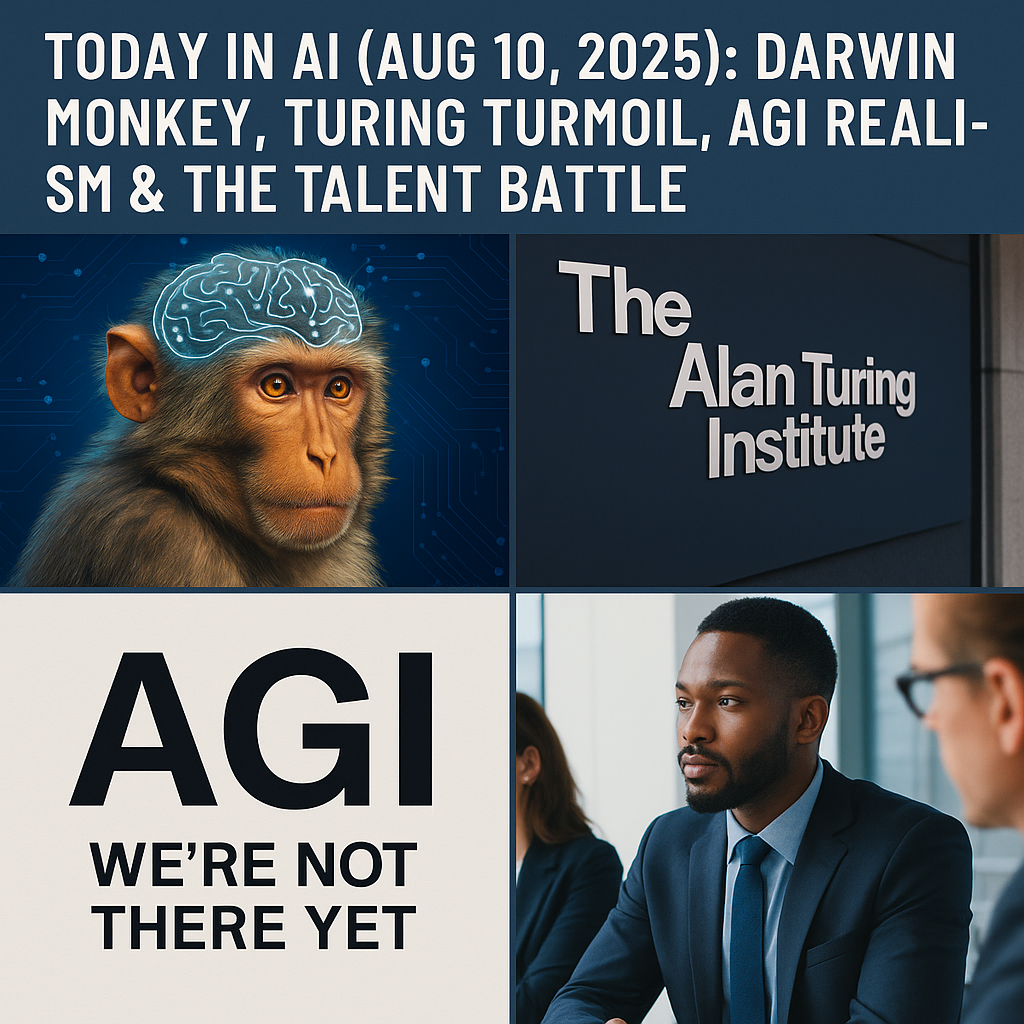Nvidia Faces Global Scrutiny Over AI Chip Sales to China as H20 Rollbacks Spark Concern
Published: August 11, 2025 | Category: AI News

Some stories in tech ripple through the news cycle. Others crash into it like a rogue wave. This week, Nvidia—the unshakable titan of AI hardware—found itself standing in the crosshairs of both politics and public opinion. Two headlines intertwined: an international investigation into AI chip sales to China and a surprise rollback of its much-anticipated H20 chip line. It’s a one-two punch that leaves the company—and the entire AI hardware industry—squirming under the spotlight.
The Spark: Investigations into China Sales
Reports surfaced late Sunday night that government regulators in both the U.S. and several allied nations are scrutinizing Nvidia’s AI chip shipments to Chinese entities. The concern? National security. Officials fear that even “watered-down” AI processors—those designed to comply with U.S. export restrictions—could still give Chinese AI labs a competitive edge in military or surveillance applications.
“This isn’t just about silicon and circuits,” said an anonymous trade policy advisor. “It’s about who gets to control the algorithms that define tomorrow’s battlefields, boardrooms, and back-end systems.”
For Nvidia, the optics are tough. China is a lucrative market, and even reduced-performance chips can mean hundreds of millions in revenue. But in a geopolitical climate where AI supremacy feels like a chess match on steroids, every move is examined under a microscope.
The H20 Rollback: A Curious Retreat
Almost as if on cue, Nvidia announced rollbacks and shipment delays for its H20 chips—a model originally pitched as the perfect balance between performance and compliance with export laws. The official line cites “supply chain optimization,” but insiders whisper about “market recalibration” and “unexpected technical setbacks.”
Analysts are divided. Some believe the rollback is a strategic play—holding back advanced models until political dust settles. Others think it’s damage control, a move to avoid the appearance of tiptoeing around export restrictions.
Whatever the reason, it stings. The H20 had been billed as the crown jewel in Nvidia’s China-compliant portfolio. Rolling it back now feels like taking a winning card off the table mid-game.
AI’s Expanding Battlefield
The Nvidia story doesn’t live in isolation—it’s part of a much bigger conversation about AI’s role across every corner of society. From finance (where algorithms move billions in milliseconds) to human resources (where AI is screening résumés and even conducting interviews), and from drug discovery to clean energy material research, AI is no longer just “emerging tech.” It’s infrastructure.
One particularly exciting development this week came from a team of researchers using AI to identify new high-performance battery materials that could supercharge clean energy adoption. In their words, “We trained the model to look for needles in haystacks, and it found the needles we didn’t know existed.”
The Risk: Trust and Transparency
In the shadow of Nvidia’s investigation, the question isn’t just “what happened?”—it’s “what do we do about it?” Tech giants thrive on public trust. If companies are seen as bending the rules to maximize profit, it could trigger backlash not just from regulators, but from enterprise clients who fear reputational blowback.
Investors are paying attention, too. Nvidia’s stock dipped 4% in pre-market trading following the reports, with some analysts predicting a short-term correction until the investigation concludes.
Spotlight — Build Your Own AI Empire
If you’re watching Nvidia’s every move and thinking, “I want my own stake in the AI gold rush,” you don’t have to be a trillion-dollar hardware company to get started. You can deploy your own AI-powered operations today.
One option I swear by is Agent X—a system that lets you deploy 25,500+ AI bots with a single command, from content generators to market research assistants. Whether you’re running a startup, an affiliate business, or a news site, Agent X gives you an army of AI workers on demand.
Click here to try Agent X and start building your own AI-driven empire today.
What’s Next for Nvidia?
The coming weeks will be critical. If regulators push forward, Nvidia could face not only fines but tighter export controls that limit its access to the Chinese market entirely. That, in turn, could push Chinese firms to accelerate development of homegrown AI chips, further fragmenting the global AI supply chain.
On the H20 front, Nvidia has promised “clarity” in its next quarterly call. Until then, speculation will swirl—and every rumor will feed the narrative of a tech giant caught between profit and politics.
The Takeaway
This is more than just a business story. It’s about the friction between innovation, ethics, and geopolitics. AI chips aren’t just parts; they’re power. And in the wrong hands—or the wrong market—they could reshape the balance of global influence.
For now, Nvidia’s best bet might be transparency. Because in the age of AI, the only thing moving faster than the chips is the public conversation about them.




